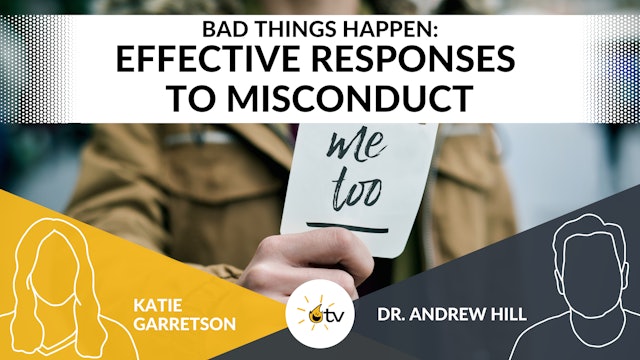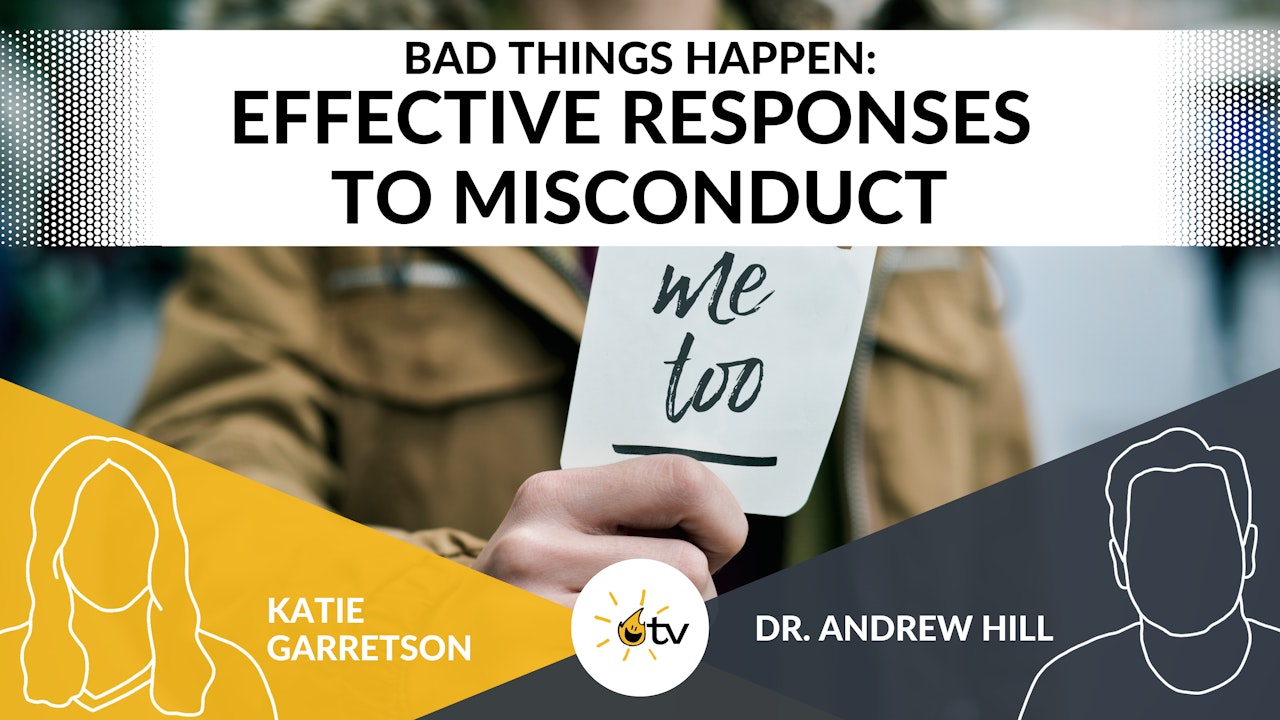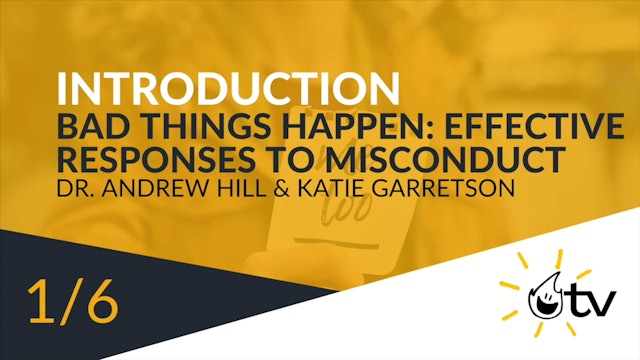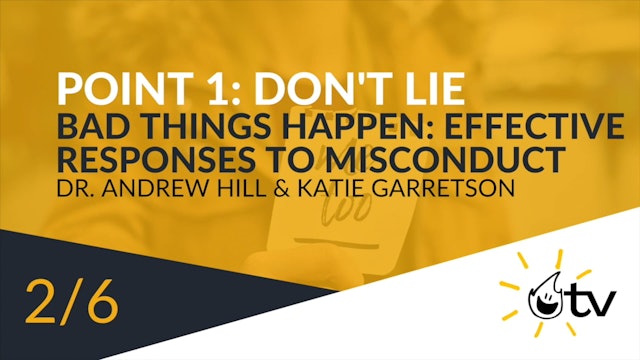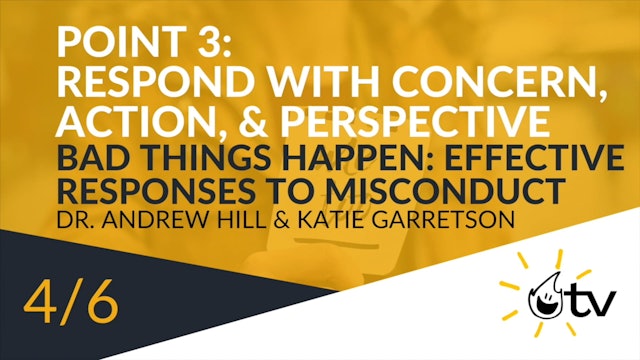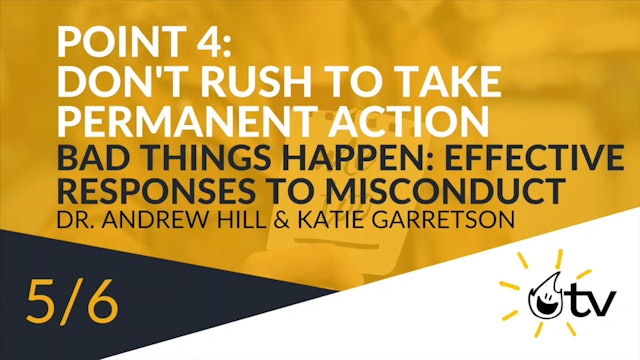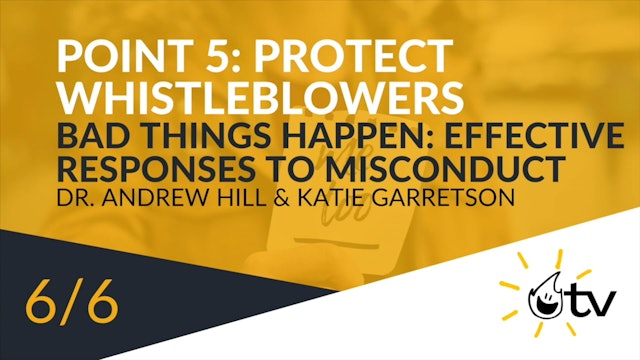Bad Things Happen: Effective Responses to Misconduct
As a leader, how do you deal with misconduct at work? Bad things happen even in very good organizations. Whether the misconduct is intentional or not, leaders have a huge role to play in dealing effectively with it. There is no formula, but all effective approaches share one thing in common: they acknowledge reality. In this program, Andrew Hill and Katie Garretson explore five basic rules that can help you deal more effectively with misconduct: 1. Don’t lie; 2. Don’t play games with words; 3. Take responsibility with concern, action, and perspective; 4. Don’t rush to take permanent action; and, 5. Protect whistleblowers.
-
Introduction
The world is a complex, difficult place and bad things happen. Whether these are the result of mistakes on intentional misconduct, leaders have a huge role to play in dealing with misconduct effectively.
-
Point 1: Don't Lie
The instinct to protect the organization by covering up bad behavior is understandable but destructive.
-
Point 2: Don't Play Games With Words
Don’t play games with words to change the perception of bad behavior or diminish its implications.
-
Point 3: Respond With Concern, Action, & Perspective
In dealing with misconduct, take responsibility and clearly outline next steps. The CAP crisis response framework is useful. Express Concern, take Action, offer Perspective. In offering perspective, you must exhibit the ability to consider another person's or group's point of view. Describe to ke...
-
Point 4: Don't Rush to Take Permanent Action
When you only have a partial understanding of the situation, don’t rush to take permanent action such as firing someone. Take temporary actions (e.g., putting someone on paid leave) that give you time to gather the facts while protecting potentially vulnerable people. But be careful about rushing...
-
Point 5: Protect Whistleblowers
Leaders' instinctive response to whistleblowers can be defensive. Yet it's important for leaders to protect members of the organization who reveal misconduct.
-
Katie Ward Bio
793 KB
Katie Ward is the manager of BurnBright.TV. She is a Pepperdine University graduate with a degree in Psychology and Nonprofit Management. She has dedicated her time and education to the nonprofit sector and has worked for various organizations. She has lived in the United States, the Dominican Re...
-
Andrew Hill Bio
745 KB
Before co-founding BurnBright, Andrew was a professor at the U.S. Army War College, where he taught senior national security professionals. As the War College's first Chair of Strategic Leadership, Andrew's research focused on connecting people, strategy, and innovation. He has a doctorate from H...

